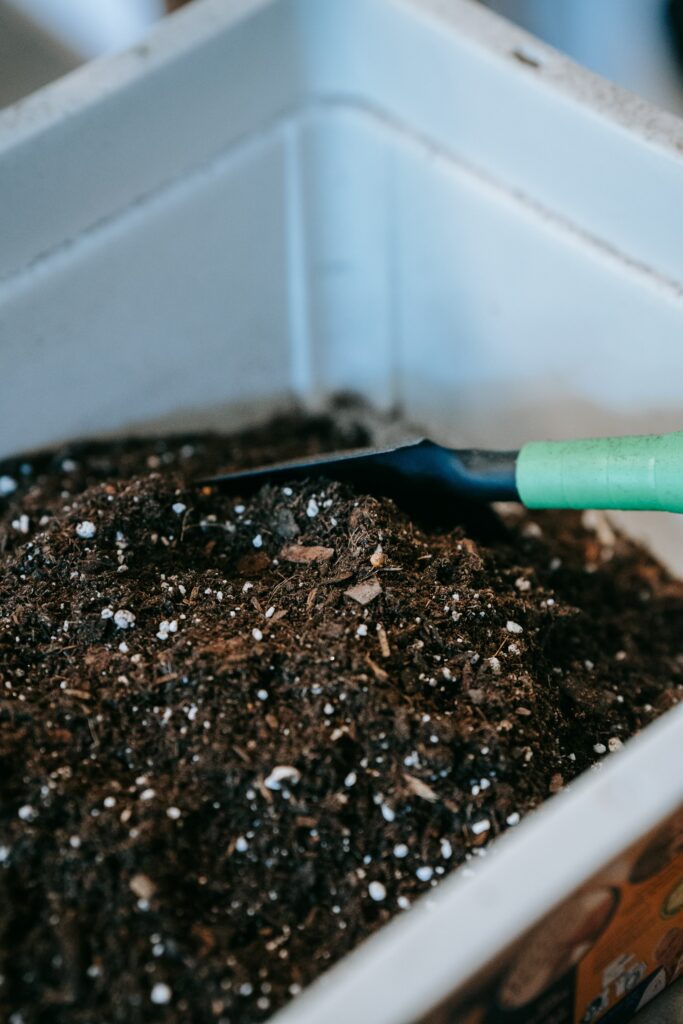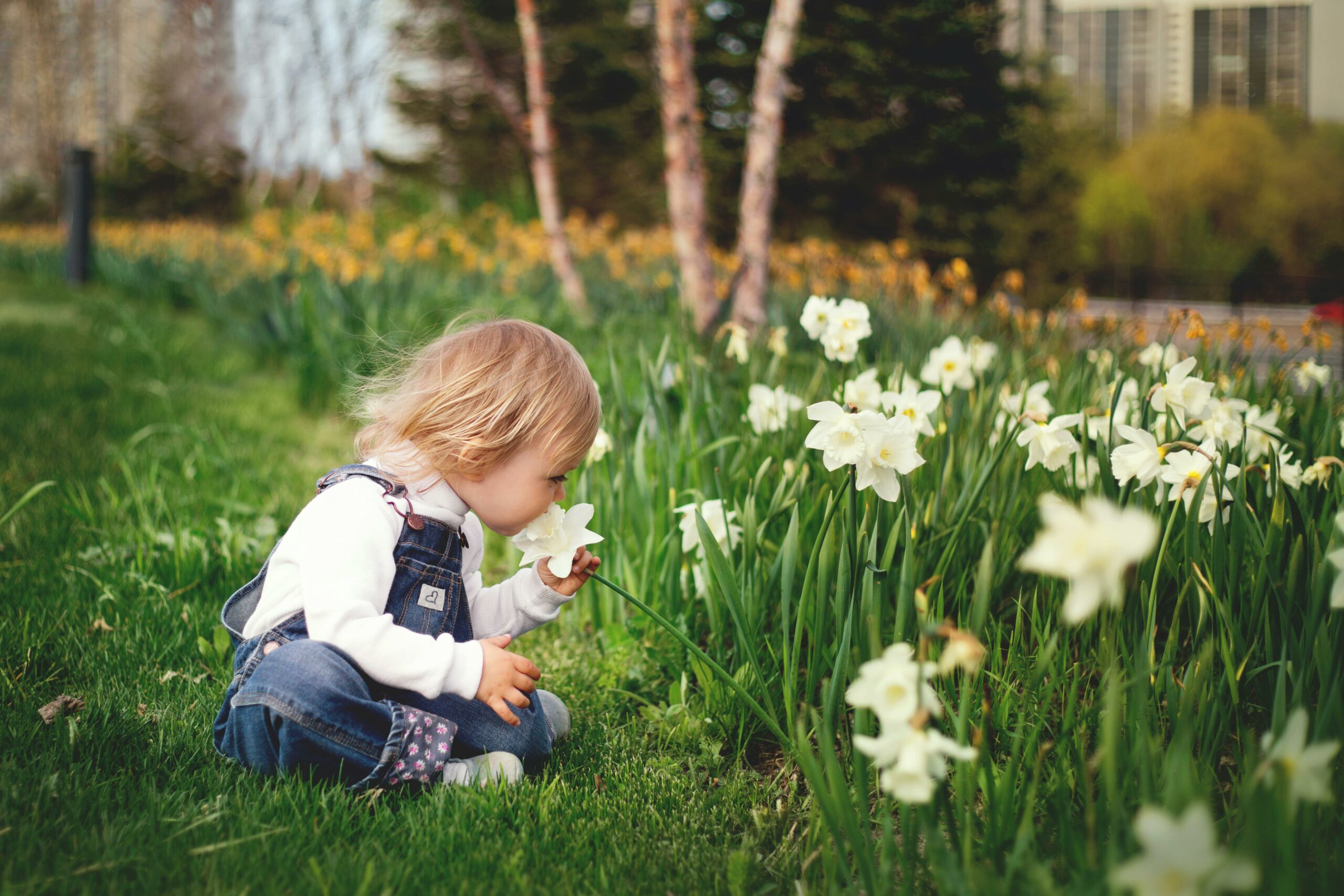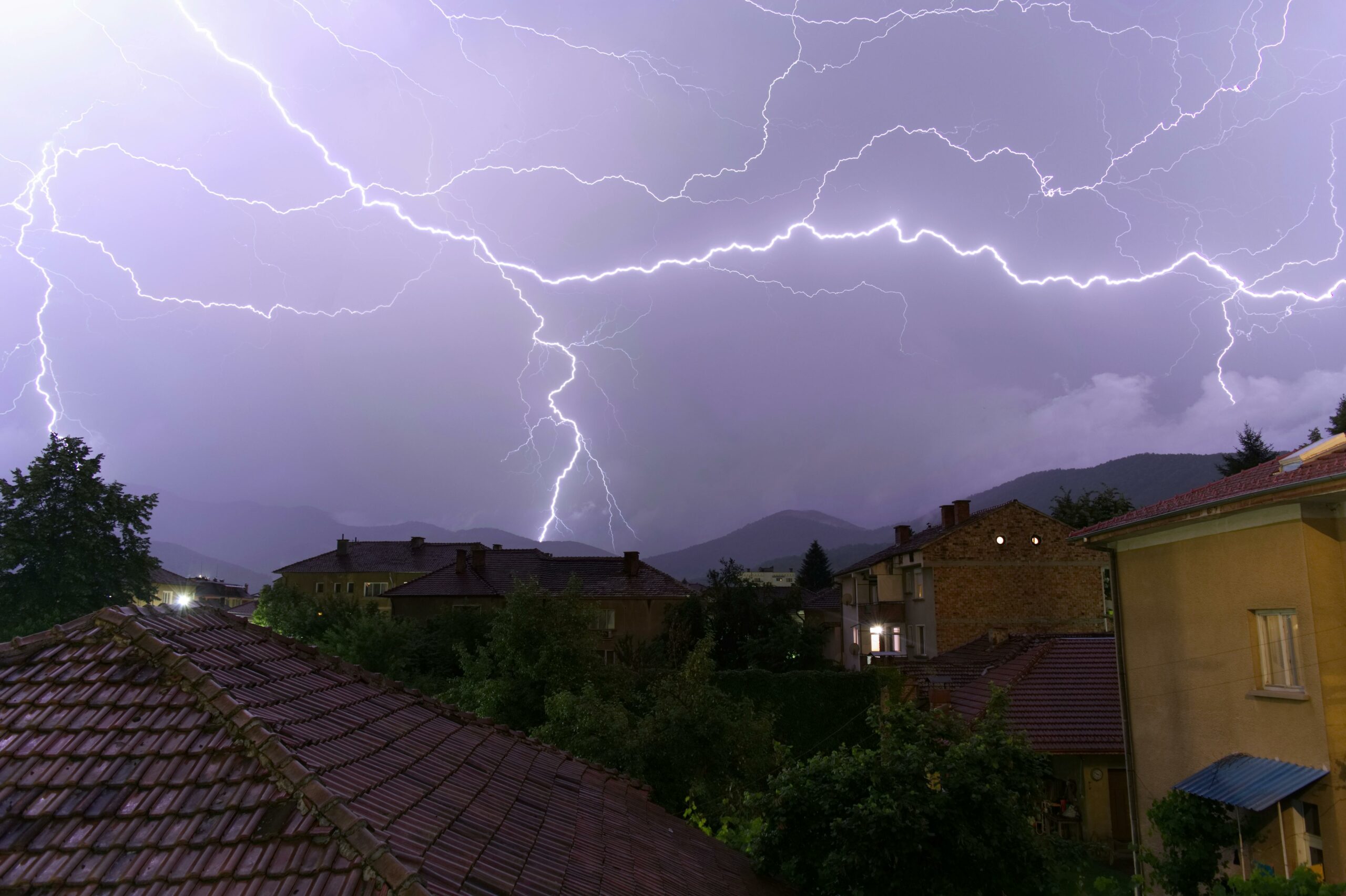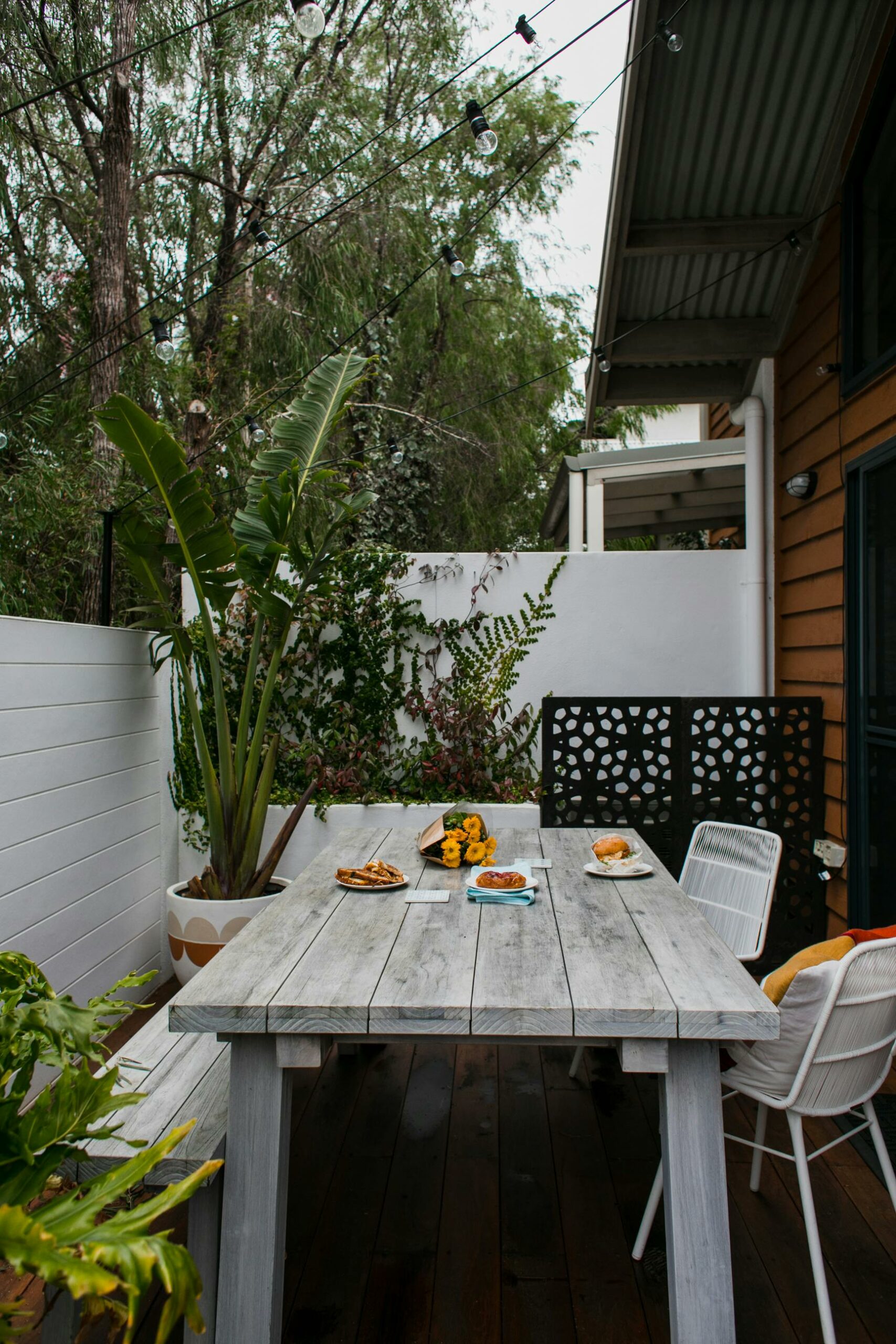A garden provides a serene, relaxing environment for hanging out with family and friends.
However, some plants in your garden may naturally shed leaves, fruits, or seeds, leading to waste
accumulation.
Gardening activities such as pruning and weeding may also contribute to the rubbish.
Garden waste may affect the garden’s overall outlook. Thus, it’s necessary to dispose of the
waste properly.
This blog outlines what you need to know about garden waste. You’ll learn why you should
dispose of your garden rubbish and how to do it quickly and sustainably.

Why You Should Dispose Of Your Garden Waste Sustainably
After pruning your trees, you may think you’ll leave the branches to rot eventually. After all, it’ll be absorbed back into the environment. While this may seem a like a logical solution, it may have adverse effects down the road.
For instance, if the garden waste finds its way to the local water supply, it might compromise the
overall safety standard.
Also, it’ll create the ideal environment for pests and rodents to thrive and expose you to disease-causing pathogens.
The decaying plant matter may also emit greenhouse gases into the atmosphere, contributing to global warming. Below are smart and easy ways you can dispose of your garden waste:
Utilize The Local Collection Service
Most municipalities offer collection services to their citizens. Instead of taking care of your garden waste yourself, you’ll pay a fee, and then they’ll collect from your yard.
However, it’s essential to confirm whether they accept all types of waste, including food scraps. Some may not manage such waste to avoid attracting rodents or creating a smelly mess.
It’s crucial to store the waste in easy-to-carry bags to prepare for the collection service.
Some homeowners use skip bins to manage and keep garden waste. The local administration may offer them, or you may have to hire from reputable providers.
Ensure you conduct enough background checks to work with a certified service provider. Otherwise, you risk getting low-quality service.
Compost Your Waste
If there are no collection services available for your garden waste, composting may be necessary.
Simply leaving your waste to rot could have negative impacts on the environment.
However, by composting your waste, you can effectively control the process and also improve the quality of your soil.
Composting refers to recycling and allowing garden waste to decompose in compost pits. The
produced compost adds necessary nutrients to the earth, boosting its fertility.
Here are the benefits of composting your waste:
- Reduce The Need For Chemical Fertilizers – Farmers often rely on manufactured products to supplement their soil, but if these products are washed into rivers and other water bodies, they can pose a threat to aquatic life. However, using compost as an organic alternative can help mitigate these risks. Not only is compost free of harmful chemicals that could harm you or your livestock, but it can also save you money by eliminating the need to purchase fertilizers.
- May Remediate Contaminated Soil – Continued use of chemicals may contaminate the topsoil. On the other hand, compost may absorb odors, heavy metals, and hydrocarbons found in the soil. This will allow the plants to grow healthy and increase their output. However, when composting your waste, adhere to the standards and guidelines. If you’re unsure, try to visit the local office to develop a more profound insight into the ever-changing regulatory policies.
Turn Garden Waste Into Mulch
Mulching is another easy way to dispose of your garden junk. It refers to the spread of plant
matter on the soil surface. It’ll help protect the topsoil from soil erosion and other issues.
There are several benefits to mulching your garden, including:
- Reduce Weed Growth – Weeds can be a major nuisance in a garden, as they can quickly take hold and introduce pests and diseases that harm your crops. This is especially true when there are ample nutrients available in the soil. However, there are ways to combat weeds without resorting to herbicides. By covering the soil, you can reduce the amount of light that passes through to the weeds, making it difficult for them to thrive. This not only helps maintain the overall appearance of your garden but also reduces your reliance on chemicals.
- Prevent Soil Erosion – Wind can carry away any loose soil particles after weeding or pruning your plants. Mulching will safeguard your topsoil until the plant cover grows back. That said, it’s crucial to avoid overcovering the topsoil. Additionally, you should ensure you choose the right mulching material. Some may encourage pests and other related issues.
Bottom Line
A garden allows you to relax after a long, tiring day. However, you’re also expected to take care
of it through weeding and pruning. Such practices will lead to waste accumulation, affecting the
whole curb appeal. Fortunately, there are several ways you can take care of your garden waste.
They include mulching, composting, or utilizing the local collection service.






